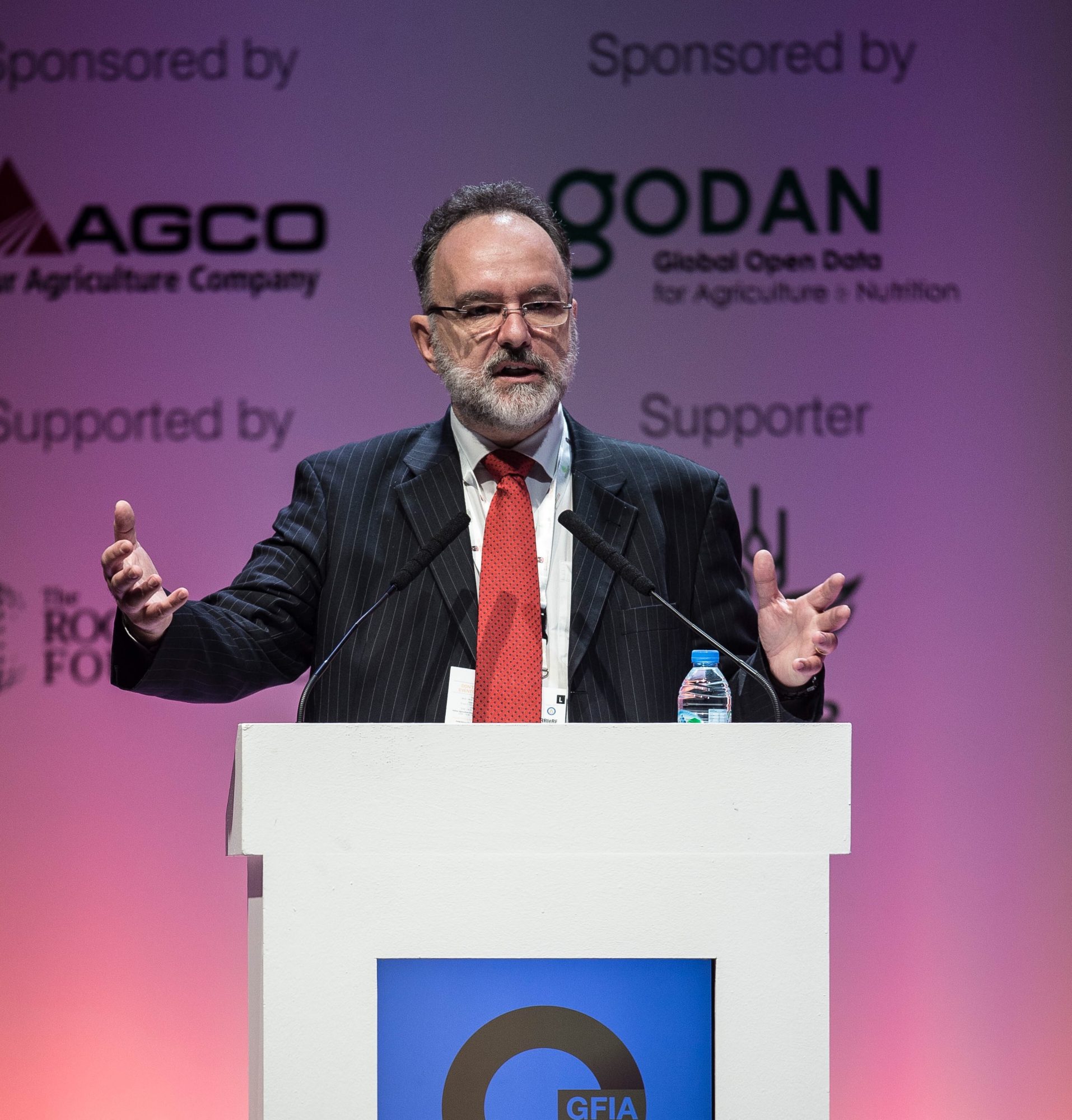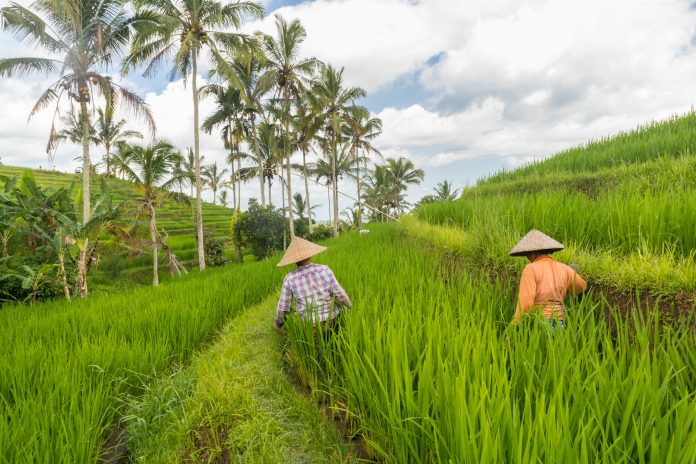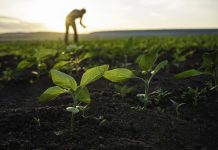André Laperrière, Executive Director of Global Open Data for Agriculture & Nutrition (GODAN), discusses global food security and what can be done to solve this critical, ongoing issue
Today, approximately 795 million people across the globe do not have access to enough food to live a healthy and sustainable life. The majority of these people live in underdeveloped countries, with Asia and Africa being the hosts of the hungriest people. This is not just an issue specific to those areas of the world but is also a problem in the West, emphasised by the fact that the UK is one of the most food-insecure nations in the European Union.
When we currently think of world hunger and the issues with food security, we consider many ways in which we solve the crisis which has continued to plague millions around the world despite the advancements we have made elsewhere. Through charities, raising awareness and other similar campaigns and initiatives we often look to these as a way of making the world a better place in line with the United Nations Sustainable Development Goals (SDGs).
However, Open Data and its potential and impact when used in the agricultural space is rarely considered or seen as a key solution to solving the food crisis and achieving SDG 2: zero hunger by 2030.
Open Data is not a recent phenomenon but has in fact been used for a number of centuries in the agricultural world enabling farmers to keep production going, especially during difficult weather conditions. This consisted of Mesopotamians writing information on cuneiform and farmers in the 1700’s observing patterns in the weather to predict when the best time to plant is, keeping it on record. This was widely accessible and easy to get hold of, and with today’s modern technological advancements, this should be no exception.
Therefore, Open Data is arguably a key tool in addressing the issue of world hunger and this can be done in multiple ways, maximising its potential.
However, there have been multiple expected barriers to making this data accessible. With recent hacks and scandals that have befallen companies such as Facebook, there is now the issue of the ‘fear factor’, now dissuading companies and governments from disclosing their data. Reservations are also due to a company’s inclination to avoid exposing themselves to criticism from competitors and customers.
There is also the incentive from the business perspective for companies to monopolise their own businesses and not to do anything that could potentially put them at risk and aid other businesses and competitors. The overall global benefits of Open Data are often not considered.
There is the urgency to support global efforts to make agricultural and nutrition relevant data available, accessible, and usable for unrestricted use worldwide, by building high-level policy and public and private institutional support for Open Data. Through the collaborative efforts of governments, private and public sector organisations, Open Data will empower farmers and food companies from across the world to use this data to transform production and in time, address and tackle world hunger, as the global demand for crop production is to rise by 50% in 2050.
The benefits of Open Data are diverse, consisting of improved efficiency of public administrations, opportunities for economic growth, and improvements to social welfare. Agriculture is no exception to this and with Denmark ranking first in provision for online services by the UN Department of Economic and Social Affairs, the country provides an important platform in leading this Open Data drive, having embarked on their digital transformation journey much sooner than many other European countries. With greater innovation and transparency to help engage global partnerships by sharing this data, Open Data will help drive a country like the UK in terms of its food and agricultural industry by bringing it closer together like never before.
Open Data will be essential for governments as they look at new and innovative ways to change the agricultural landscape for the better. In promoting and actively using Open Data, it can empower farmers to increase their harvests and at the same time, the nutritional diversity of their crops. By equipping farmers to provide for their own families, we are creating sustainable solutions.
The UK should be paramount to this, particularly once it has withdrawn from the European Union (EU) later this year. Currently, as part of the bloc, the UK upholds the Common Agricultural Policy (CAP) which has rules and regulations enforcing the safety and welfare of animals, food and the environment and Secretary of State for Environment, Food and Rural Affairs, Michael Gove, enforced the importance of making food and agriculture sustainable in the UK after Brexit. Open Data will be key to this because it will help provide valuable information and promote this free flow of data, especially if issues arise from trade between countries.
This will impact innovation, production and collaboration and could see the UK agricultural industry suffer during a time in which it is supposed to be at its most important. Open Data allows for cross-fertilization and synergy of different industries, sectors and governments leading to new practices, new equipment and new technologies that in turn, lead to better yields and the stimulation of private and public economies.
It is clear that Open Data will increase transparency across the globe when it comes to world hunger. Governments and policymakers need to push the agenda in order to help with the food balance or we will be met with a crisis like never before. The benefits are clear and will help to address issues that have so far been neglected by many organisations around the world.
However, it is important that this should also focus on collaboration and not a competition in order to help meet the world’s needs. In communication and connecting with others the before mentioned benefits will come to fruition instead of marginalising the communities and farmers that so desperately need access to this information.
Through the accessibility of Open Data, farmers will be able to make effective decisions with more precision operations. Both the industry and countries would be able to expand its best practices and go far beyond its original agenda as it looks to solve the world hunger problem once and for all.

André Laperrière
Executive Director
GODAN











